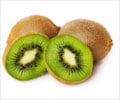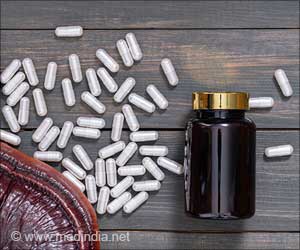Pyrroloquinoline quinone in breast milk, kiwi fruit and soy reduces body fat, liver lipids and fatty liver disease.
Highlights
- Pyrroloquinoline quinone (PQQ) is a natural antioxidant found in soil, enriched in human breast milk, and essential for development in mammals.
- Supplemental dose of PQQ in a mouse model of diet-induced obesity during pregnancy, could protect obese offspring from progression of NAFLD.
- PQQ treatment reduced both liver and body fat in obese offspring.
Early exposure to maternal obesity or Western-style diet (WD) increases steatosis and oxidative stress in fetal liver and is associated with lifetime disease risk in the offspring.
A supplemental dose of PQQ, provided prenatally in a mouse model of diet-induced obesity during pregnancy, could protect obese offspring from progression of NAFLD.
PQQ treatment given pre- and postnatally in WD-fed offspring had no effect on weight gain but increased metabolic flexibility while reducing body fat and liver lipids compared with untreated obese offspring.
"When given to obese mouse mothers during pregnancy and lactation, we found it protected their offspring from developing symptoms of liver fat and damage that leads to NAFLD in early adulthood," says Karen Jonscher.
Notably, these changes persisted even after PQQ withdrawal at weaning. Our results suggest that supplementation with PQQ, particularly during pregnancy and lactation, protects offspring from WD-induced developmental programming of hepatic lipotoxicity and may help slow the advancing epidemic of NAFLD in the next generation.
Reference
- Karen R. Jonscher et al., Early PQQ supplementation has persistent long-term protective effects on developmental programming of hepatic lipotoxicity and inflammation in obese mice, The Official Journal of the Federation of American Societies for Experimental Biology (2016) 10.1096/fj.201600906R fj.201600906R.
Source-Medindia
















